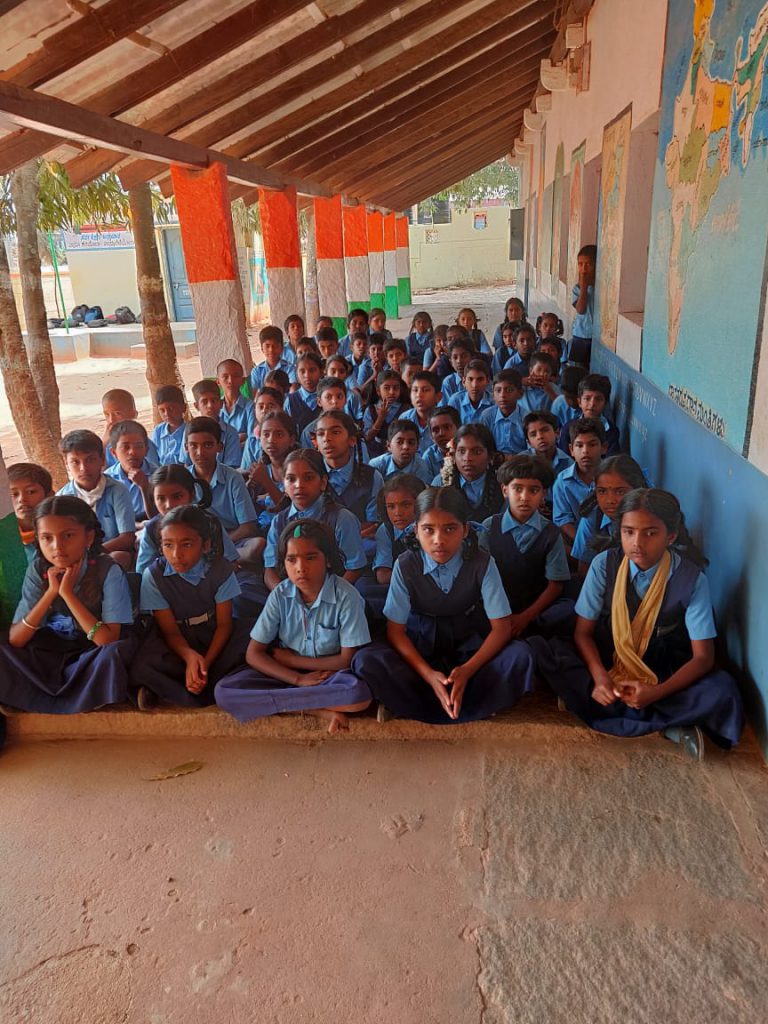Why rural education is important in achieving developed India.

India is known as the country of villages. We are currently also in an era where many rural areas are still being converted to urban and hence still in a peri-urban state. While we consider this situation, we can see that there is a lot of development happening in many different fields but hardly any changes in “education” though we still can see observable changes in the infrastructure of the educational institutions. There is a huge necessity of reconsidering the education pattern and process in the rural areas in terms of the syllabus, faculty and the regularity of students and teachers as well as the extra-curricular activities focused to encourage children’s talents. Most of the schools in the rural areas do not run on a daily basis. And, in some of the government schools there is only one teacher for the entire school and if they don’t show up at work, then it is a holiday. If the quality along with number of teachers who are committed can be improved in these schools, then aspiring rural children and India can fulfil their dreams of achieving goals. And those days when the school works, all the children of different age groups are accommodated in the same class that is mostly under construction or which does not possess a good infrastructure. At the same time, we can see all the age groups learning the same subjects and still they are unable to solve a simple mathematics problem or read a sentence fluently. That is mainly due to the lack of regularity and planning in rural educational institutions. As a fact, there are more number of children in the rural areas and among which most of them are not getting formal education due to multiple reasons, for instance due to lack of knowledge on the importance of education, lack of family support, child marriage and entitled to work and not to study. Still a lot of parents in the village want their children to start working at a very early age due to poverty and most of the girls are married at a very young age. Though the children are willing to study there is a lack of encouragement.
The accessibility to the reading materials, technology, qualitative learning is still lacking among the rural educational institutions. And though few families have realized the value of education in rural areas, due to their financial issues they are unable to encourage their children to continue their studies. Government schools are not qualitative and private schools are expensive. This results in a very low number of students actually clearing their secondary education and taking admission in colleges for higher studies. So the drop-out-rate at the secondary level is extremely high in villages. As a result of which they are given a low income job that does not suffice to lead a family.
To overcome these issues, most importantly the awareness must be created more and more on the importance of education to the children as well as the parents and simultaneously they must be attracted towards schools through modern techniques of learning and introduction of new technologies in learning process. The children must be encouraged to take part in different activities and to participate during class hours to put across their ideas and not to just rote learn and focus on marks. The teachers must be committed to their work and hence regularly conduct class and simultaneously improve the infrastructure of the school. Such initiatives bring more interest among children and the constant motivation encourages the children to be regular to the school. Than constantly punishing and brining fear among children about school they must enjoy learning and make an effort to explore their talents and interests. Such development in rural education brings in more educated and talented children and that in turn helps in developing our country as a whole. As we all know “education is the richest asset one can possess.”